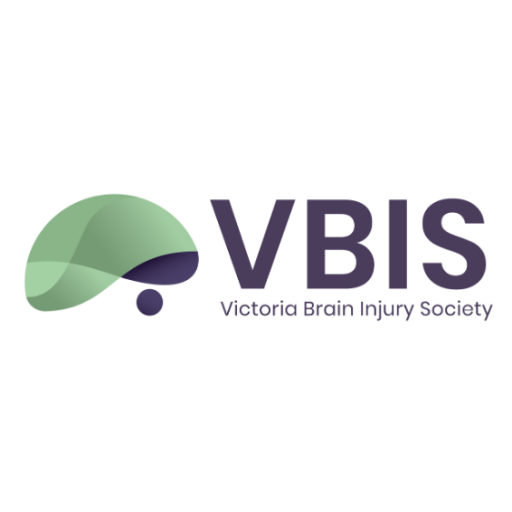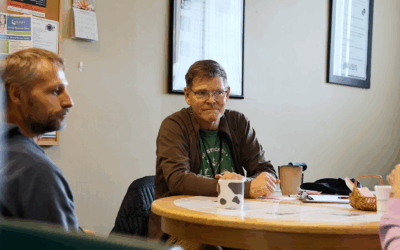By: Kianna Csolle

Although there isn’t one agreed-upon definition for brain health, most definitions include having optimal brain function for your age. Since our brains control our movements, social cognitions, senses, emotions, and behaviour, having one test to quantify brain health comprehensively is difficult. Some metrics assess daily function abilities using questionnaires and neuroimaging can be used to evaluate functional connectivity.
Most researchers and clinicians agree that a healthy brain is multidimensional. Having a healthy brain allows us to cope with the demands of everyday life, solve problems, recall memories and learn new things. So how do we keep our brains healthy? Research has shown that there are many different ways to improve and maintain brain health including physical exercise, cognitive exercise, social interactions, having a healthy diet, and sleep.
Physical exercise does wonders for the brain. Not only does it help promote current brain health but also improves brain resilience. Brain resilience involves both cognitive reserve and reserves of structural properties such as brain volume and number of neurons. These reserves begin developing during childhood and get stronger as we move through adulthood. They allow our brains to adapt to challenging or changing situations including stress and adversity. Research shows that exercise causes changes in certain neural pathways that promote neurogenesis and neuroplasticity as well as increase blood flow to the brain. Increased cerebral blood flow stimulates physical brain changes and can promote changes in neuronal activity that may protect against stress-related disorders. Exercise can also help enhance learning and mood.
Studies have found that healthy adults should engage in moderate-intensity aerobic and anaerobic exercises at least three times a week. People with existing cognitive impairments should exercise for shorter lengths of time but more often for improved cognitive outcomes. The length of time people should engage in exercise for varies based on their stage in life. Some activities studies found that positively affect brain resilience include yoga, martial arts, dance and resistance exercises.
In addition to physical exercise, cognitively exercising your brain is also important to promote brain health. Mental exercise can also promote neurogenesis and decrease a person’s likelihood of developing dementia. Ways to cognitively exercise your brain include taking school courses, learning new games or hobbies, or taking up art. Simple ways you can give your brain a workout include doing crosswords, card games, and even playing electronic ‘brain games’. These activities can help improve problem-solving skills and reaction time.
Keep your brain healthy by staying both physically and mentally fit through exercise. Learn more about brain health and the effects of a healthy diet and sleep in Part 2 and social interactions and substance use in Part 3!
References:
Cleveland Clinic: Healthy Brains https://healthybrains.org/pillars/
Arida, Ricardo Mario, and Lavinia Teixeira-Machado. “The Contribution of Physical Exercise to Brain Resilience.” Frontiers in Behavioral Neuroscience, vol. 14, Jan. 2021, p. 626769. DOI.org (Crossref), https://doi.org/10.3389/fnbeh.2020.626769.
Wang, Yongjun, et al. “What Is Brain Health and Why Is It Important?” BMJ, Oct. 2020, p. m3683. DOI.org (Crossref), https://doi.org/10.1136/bmj.m3683.



